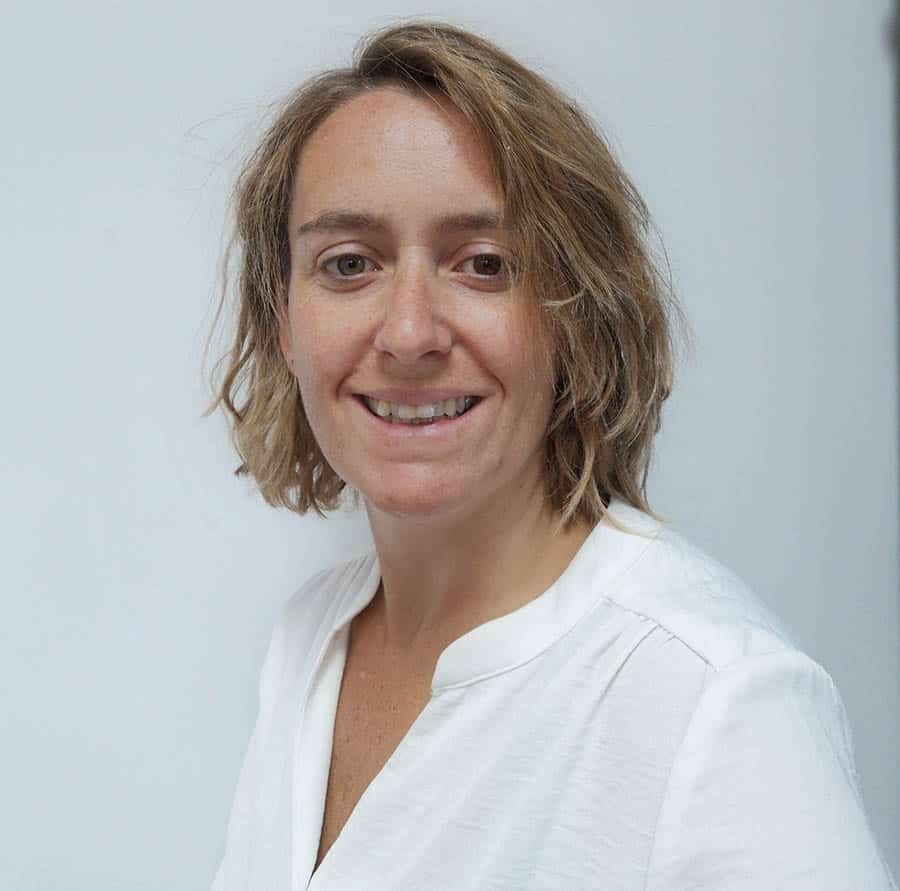EXCLUSIVE: Event explores how orthotics can be used alongside other treatments to achieve long-term goals

An annual orthotics conference, organised by Peacocks Medical Group, has discussed with clinicians the best approach to help manage the daily goals of hypermobile patients, with a focus on orthotics.
The FORTH Conference (Forward Orthotic Thinking) took place on 15 January 2022 and raised awareness of the different approaches to hypermobility spectrum disorders (HSD) and Ehlers-Danlos syndrome. This year’s conference was led by Helen McCormack, Senior Orthotist at Peacocks Medical Group.
The multidisciplinary online event saw speakers based in the North East present to clinicians from across the country.
In her presentation, Helen discussed ‘Orthotic options, treatment principles and options for approach’.
She told AT Today: “Focus within the orthotic presentation was in regards to best approach to help manage the daily goals of hypermobile patients. These include pain, fatigue and strength management.
“Focus is on management over the long term implications of the condition, not treatment, as symptoms can vary day to day even hour to hour, depending on activities done.
“The conversation discussed how orthotics is to be used alongside other treatment such as physio, to help achieve acute or long term treatment goals. Orthoses are to be weaned off, if possible, but some may be used long term.
“Different products were discussed, as well as the biomechanic principles behind their function, including: insoles to reduce foot/knee/hip pain; spinal supports to reduce spinal dislocations and aid in travelling; lycra garments for trunk, hip and shoulder control; knee braces to aid with patella dislocations and knee hyperextension; and rings to aid with daily tasks, which include turning on simple light switches, holding pens or picking up coins and many more.”
In addition, the orthotics conference welcomed a range of industry-acclaimed specialists, including Victoria Harbottle, Senior Paediatric Physiotherapist at the Great North Children’s Hospital, and an NIHR/HEE pre-doctoral clinical academic fellow who provided a paediatric overview.
Rachel Cooper, MCSP and Liz Clayton, MCSP, Specialist Physiotherapists at the Great North Children’s Hospital RVI, discussed current physiotherapy treatment.
Dr Vandeveld Saravanan, Consultant Rheumatologist at the Queen Elizabeth Hospital Gateshead Health NHS Foundation Trust, addressed the topic of ‘What happens in an adult world?’
Amy Telford, Specialist Occupational Therapist at the Great North Children’s Hospital RVI, spoke on ‘Occupational therapy options, treatment and principles and options for approach’.
“The aim of the conference was to highlight the different approaches to hypermobility spectrum disorders (HSD) and Ehlers-danlos syndrome and to continue the conversation,” Helen continued.
“HSD are a group of conditions related to joint hypermobility. HSD are intended to be diagnosed after other possible answers are excluded, such as any of the Ehlers-danlos syndromes (EDS), including hypermobile EDS (hEDS). HSD, just like hEDS, can have significant effects on our health, so continuing to engage and share knowledge and research, will be to the benefit of patients.
“Our speakers specialised in differing areas and whilst many of the audience are used to seeing and treating the musculoskeletal challenges of those with hypermobility, Dr Saravanan, consultant rheumatologist from Gateshead, presented a case with complex associated medical conditions which, whilst a lot less common, are life changing.
“He highlighted the challenge of managing and caring for those with more complex problems and proposed that there is a current gap in our health service for looking after these patients.”
Established in 1903, Peacocks Medical Group delivers clinical services and medical equipment to the NHS and the private sector.
In October 2021, Paul Charlton, Senior Orthotist at Peacocks Medical Group, wrote a guest article for AT Today about how the coronavirus pandemic has impacted assistive technology services and what this has meant for patients on hospital waiting lists.

